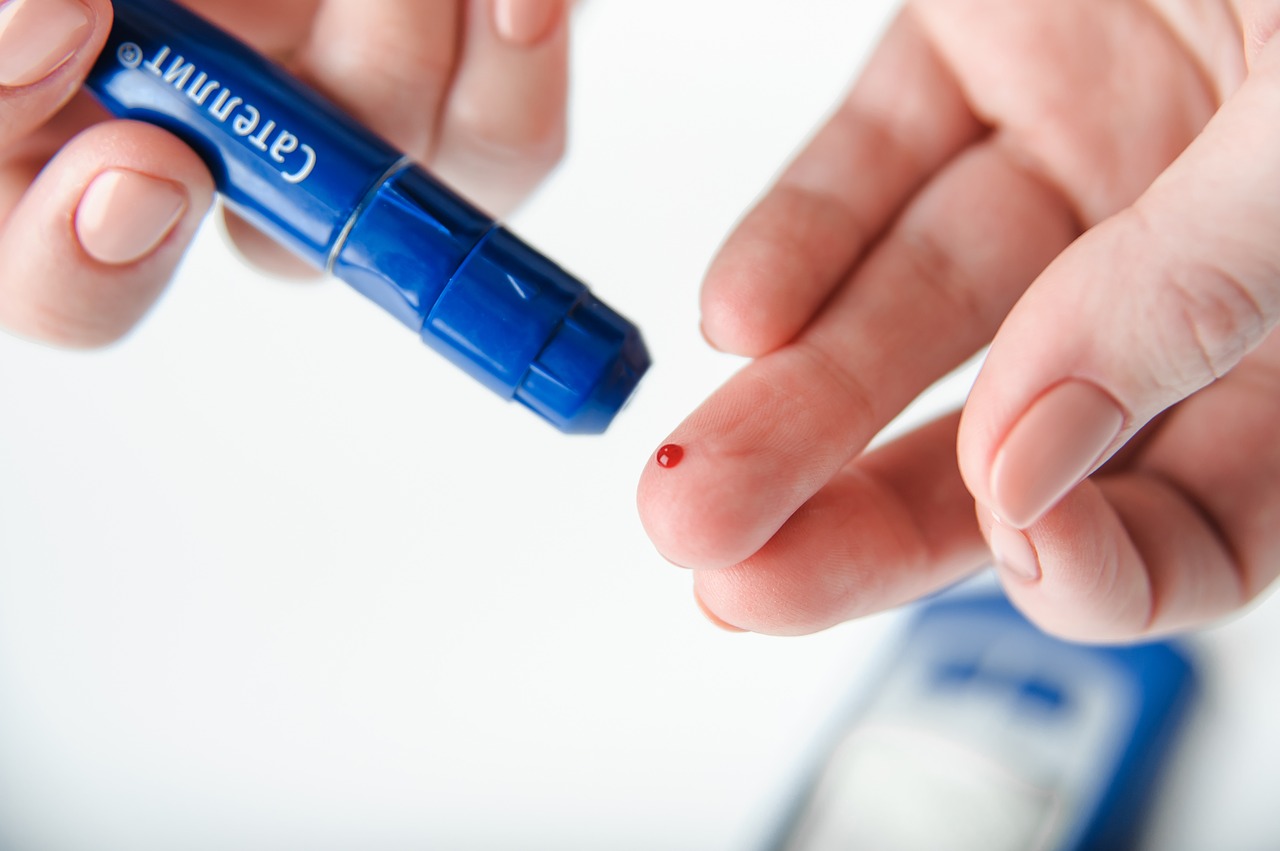
Over 29 million people in the US are estimated to have diabetes, with projections that number will increase to 642 million by the year 2040. Diabetes self-management is recommended by the American Diabetes Association (ADA) as an essential component for achieving diabetes control, reducing chronic disease progression, and decreasing healthcare costs. However, despite the increasing number of available treatment options, there is no cure for diabetes. Managing the disease requires a series of lifestyle changes that may include dietary restrictions, a combination of medications including insulin administration, and constant glucose monitoring.
As a result of complex regimens, many patients often fail to follow through with self-management recommendations, due to burdens resulting from necessary lifestyle changes, the impact of changes to quality of life, and lost productivity. Consequently, some patients feel overwhelmed, lacking the confidence to effectively self-manage their diabetes, thereby increasing the risk of preventable complications (i.e., kidney failure, heart attack, stroke, and blindness) and even death.
Given these challenges, this study examined how healthcare providers could influence adherence to type 2 diabetes mellitus (T2DM) regimens in their practice. We surveyed 474 patients with type 2 diabetes and found that compassionate and optimistic care provision is directly associated with patient coping ability, which in turn leads to greater adherence to treatment.
Our study indicates that patients who lack the opportunity to communicate their feelings concerning their diabetes have fewer opportunities to gain perspectives on their care with their provider, which results in greater dissatisfaction and disengagement. Conversely, patients who feel like their concerns are being understood and respected tend to be more engaged, participative, and therefore able to cope with burdens of their self-management regimen. We found that patients prefer compassionate communication in the self-management process, and this is directly associated with their coping ability and helps them follow through self-management.
Our study highlights that healthcare providers have an opportunity to enhance self-management adherence by helping the patient cope with the burdens associated with diabetes and improve their patients’ quality of life. This can be accomplished by (1) having a greater understanding of their patients’ needs by evaluating intrinsic goals and current coping ability; (2) implementing individualized goals that exemplify the patient’s values and beliefs; and (3) provide support to empower the patient to achieve and maintain appropriate self-management.
These findings are described in the article entitled Coping with diabetes: Provider attributes that influence type 2 diabetes adherence, recently published in the journal PLOS One. This work was conducted by Yolonda Freeman-Hildreth from the University of Detroit-Mercy, and David Aron, Philip A. Cola, and Yunmei Wang from Case Western Reserve University.
References:
- American Diabetes Association. Standards of medical care in diabetes—2014. Diabetes Care. 2014; 37 (3): 887–887.
- American Diabetes Association. Standards of medical care in diabetes—2018: Abridged for primary care providers. Clin Diabetes. 2018; 36(1): 14–37.
- Bussell JK, Cha E, Grant YE, Schwartz DD, Young LA. Ways health care providers can promote better medication adherence. Clin Diabetes. 2017; 35(3): 171–177.
- Krass I, Schieback P, Dhippayom T. Adherence to diabetes medication: a systematic review. Diabetic Med. 2015; 32(6): 725–737.
- Mutambudzi, M., Gonzalez Gonzalez, C., & Wong, R. 2019. Impact of Diabetes and Disease Duration on Work Status Among US Older Adults. Journal of Aging & Health.









